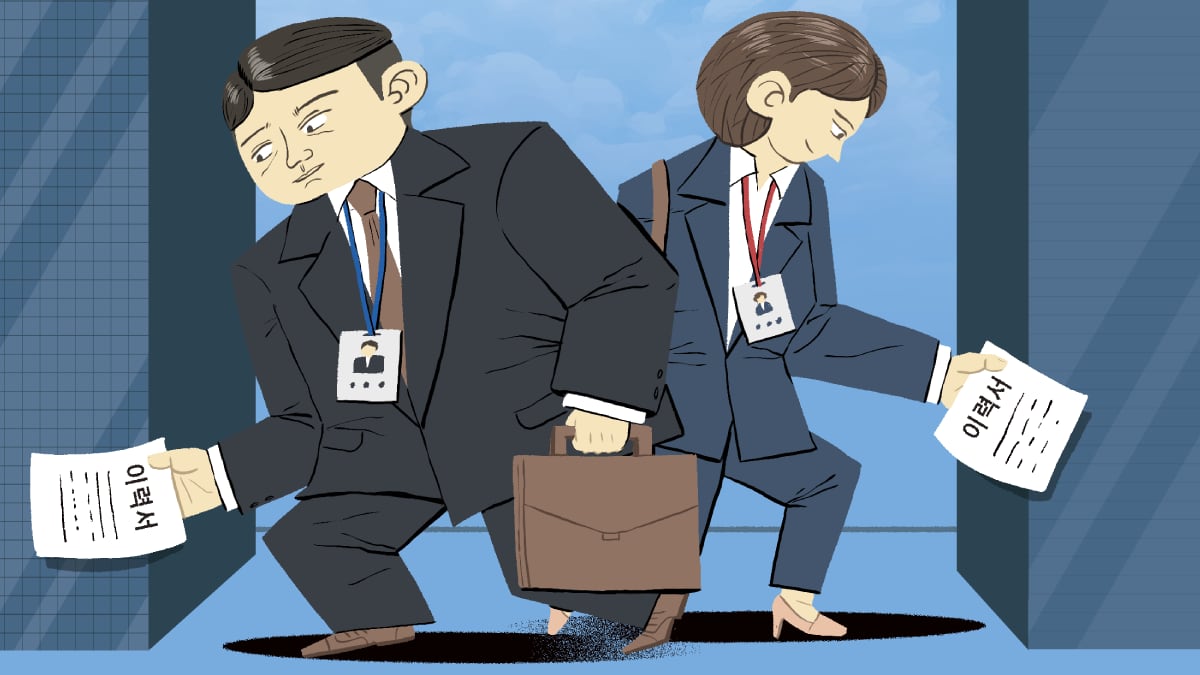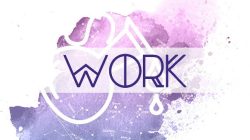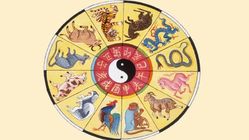An increasing number of young South Koreans are choosing to seek additional jobs even as they remain employed, balancing their current roles with participation in study groups, exam preparation, and interview processes to secure better positions at large companies. Known as “semi-resignation,” this phenomenon is transforming the nation’s job market and posing challenges for newcomers trying to enter the workforce.
Kim, who is 30 years old, works at a prominent consulting company but has recently become part of a “career transition study group” alongside colleagues in their thirties. They collaborate to get ready for aptitude exams and job interviews specifically aimed at securing positions in the finance sector.
“To remain competitive in the job market, many of us enter as ‘reentry beginners’ instead of bringing prior experience,” he stated, pointing to individuals who quit their present jobs to seek out junior positions at preferred firms.
The term “half-returnee” originates from college admissions processes, referring to students who initially attend less selective universities with the intention of transferring to more renowned institutions down the line without losing their progress. This concept has similarly permeated the job market.
At the beginning of this year, one division within a sizable corporation brought aboard 15 new team members. Out of these, five individuals—or roughly one-third of the group—had previously held positions at significant companies prior to their return as newly onboarded staff.
A department leader with two decades of experience remembered, “When I started, only one out of every eight newcomers had previous work experience. Nowadays, the proportion of inexperienced beginners continues to rise.”
A government-owned finance firm likewise brought aboard roughly 20 fresh hires towards the end of last year, with almost half of these newcomers having formerly been employed at different governmental bodies or major enterprises.
The data backs up these stories. In March, The Federation of Korean Industries polled the largest 500 corporations based on their revenue and discovered that out of the 126 businesses that replied, 28.9% of newly hired college graduates possessed previous job experience. This equates to almost three in every ten hires. The ratio stood at one in five in 2022, climbed to one in four the subsequent year, and keeps increasing.
This change mirrors the evolving approach of large corporations toward recruitment. With businesses placing greater emphasis on practical experience, applicants are modifying their strategies. Many start off as interns or temporary staff members with the intention of transitioning into permanent positions down the line.
Those currently working at esteemed organizations are competing for even higher-profile roles. This has led to an increase in top-tier semi-returnees entering the employment arena.
Nevertheless, this influx of seasoned applicants is pushing out conventional job hunters.
Choi, who is 28 years old, has spent the last two years getting ready for permanent job positions. Even though he achieved high scores on his English tests and made it into a startup pitching contest, he has consistently been unable to get through the initial resume screening process at large corporations.
“He mentioned that with so many skilled rookie players involved, it’s difficult to even get an opportunity.”
South Korea’s young job seekers are facing an increasingly severe employment crisis as this issue exacerbates persistent economic challenges such as slow consumer spending and declining overseas shipments.
As reported by Statistics Korea on May 26, the jobless rate among individuals aged between 15 and 29 reached 7.3% in April—a figure that marks the highest for that particular month since reaching a peak of 7.4% towards the close of the pandemic period in 2022.
The broader “expanded unemployment rate”—which includes job seekers, part-timers looking for better jobs, and those taking time off from job hunting—rose to 16.8%. In effect, one in six young people is unemployed.
This metric has risen continuously over the past five months, beginning in December during which economic operations decelerated due to political instability linked with debates about martial law and an impeachment scandal. This marks the first sequence of five consecutive monthly growths since the onset of the COVID-19 pandemic between March 2020 and February 2021.
Despite their return to the job market, most individuals primarily seek employment with big companies instead of smaller and medium-sized enterprises, thereby intensifying labor market polarization.
Professor Park Chul-sung from Hanyang University examined governmental statistics and discovered that in 2023, merely 7.6% of workers at major corporations had prior experience working for small businesses, which is a decline from 14.1% recorded in 2005.
Despite hiring seasoned professionals, businesses often limit themselves to exchanging talent solely among those of similar stature,” Park stated. “This has led to a diminishing flow of personnel from smaller enterprises to bigger conglomerates.
In a recent instance, a prominent PR agency stated in a job listing that desirable applicants should possess “prior experience working for a publicly traded PR company or above.”





